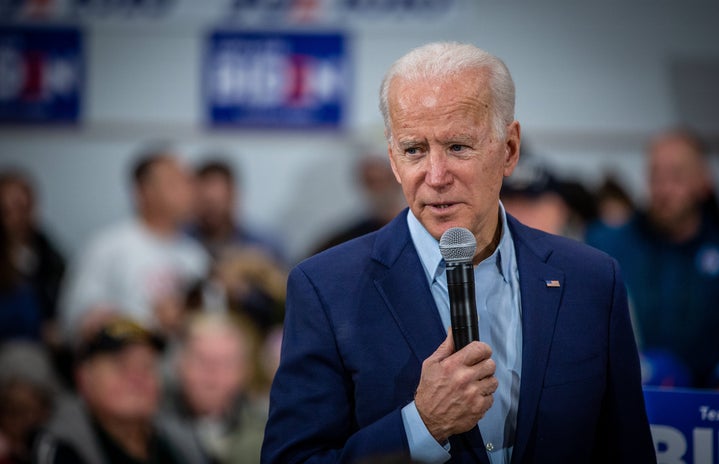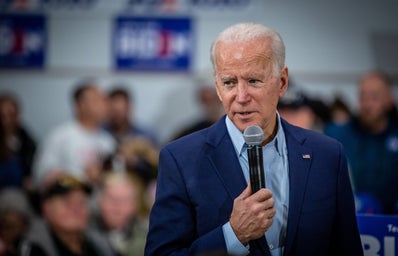Edited by Olivia Spahn-Vieira
When Joe Biden was elected to become the 46th president of the United States, it wasn’t long before Canada’s Prime Minister, Justin Trudeau offered his congratulations. Canada and the United States have always had a special relationship. “Our two countries are more than neighbours – we are close friends, partners, and allies,” Trudeau wrote.
But that doesn’t mean that the honeymoon phase has been paradise. Trudeau and former President Donald Trump may not have always seen eye to eye, but there was one issue that Trump and Trudeau never disagreed on: The Keystone XL Pipeline. Trump and Trudeau discussed moving forward with the construction during their very first meeting. Never mind that the pipeline would increase greenhouse gas emissions by about 22 million tonnes a year. TC Energy (formerly TransCanada) pushed forward with construction across many waterways and through multiple indigenous communities.
All of this ended after Biden moved, extremely early in his presidency, to revoke the construction permits for the Keystone XL pipeline project, citing environmental and social concerns. This echoes his tenure as Vice President under Barack Obama, when the administration first declined to offer construction permits. Trudeau expressed his “disappointment” at the decision but declined to make any more serious disputes. After years of fighting for the pipeline, there doesn’t seem to be much of an incentive for Trudeau to hold out much longer. The pipeline has been a point of contention domestically, and with the United States, for three presidents now. In a survey, almost 60% of Canadians said it’s time to move on and away from the project. Part of that is due to the growing significance of the Keystone XL pipeline as a symbol of climate change inaction and disrespect for Indigenous rights. Trudeau long cited economic opportunity and job creation, but that never quelled the pipeline’s prominence as a contradiction to his promises to fight climate change and protect Indigenous autonomy. The pipeline would have moved crude oil across the border, creating risks to many animal species, ecosystems, and water sources. Many protests centred around the specific locations of the pipeline: construction plans often skirted or fully intersected protected Indigenous land with little regard for the environment. It’s difficult to defend the pipeline to an electorate who sees it as a emblematic example of entire industries that threaten the climate when allowed to grow unchecked.
That’s not to say that everyone is willing to put dreams of the pipeline to rest. Alberta Premier Jason Kenney came out in stern opposition of ending the project, calling on Trudeau to take serious retaliatory measures. Most notably he has pushed for tariffs or sanctions, although support within his party is scarce and Conservative Party leader Erin O’Toole has not joined in on his call. No one else seems to think that a trade war against our closest ally is what the country needs right now. Perhaps it’s time to look for steps forward, like sustainable job training or renewal resource investments, especially in places with industries as oil dependent as Alberta.
In the meantime, there is a real opportunity to being a new era of diplomatic relations between the United States and Canada, following four tumultuous years under Donald Trump. It’s exciting to look ahead to what Biden and Trudeau may have in store to fulfill promises toward fighting climate change and social inequality. Halting the Keystone XL was just the first in many necessary steps toward securing our planet for future generations from both countries and the entire world.


